- Have any question?
- 02 7200 2179
- media@healthcarechannel.co

As the COVID-19 pandemic has progressed, it has become clear that many survivors — even those who had mild cases — continue to manage a

Researchers at SAHMRI and Flinders University have conducted the largest ever meta-analysis of wellbeing studies from around the world to answer the question, ‘What’s the

Difficult-to-treat, chronic wounds in preclinical models healed with normal scar-free skin after treatment with an acellular product discovered at Mayo Clinic. Derived from platelets, the

The national rate of Staphylococcus aureus bloodstream infections (SABSI) in public hospitals remains under the benchmark, according to a report released by the Australian Institute of Health

New research finds that children who were breastfed scored higher on neurocognitive tests. Researchers in the Del Monte Institute for Neuroscience at the University of
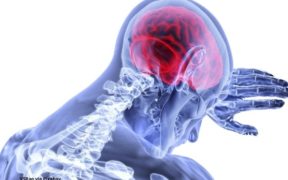
Brain changes in people with Alzheimer’s disease and in those with mild traumatic brain injuries (TBIs) have significant similarities, a new USC study shows, suggesting
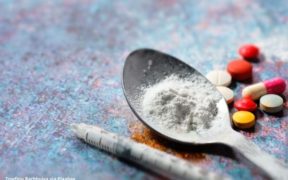
A major hurdle to developing new and effective treatments for drug addiction is better understanding how exactly it manifests itself before, during, and after chronic
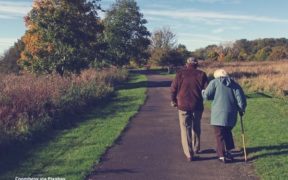
Researchers at Albert Einstein College of Medicine have designed an experimental drug that reversed key symptoms of Alzheimer’s disease in mice. The drug works by

Vaccination remains the best way to protect against severe illness and death from COVID-19 and is a core element of the pandemic response, reinforces the

The age-standardized death rate of Australians with dementia fell during the first 10 months of 2020, probably as a result of measures designed to prevent
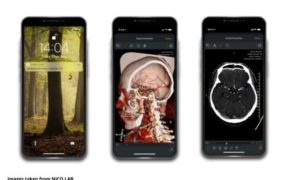
NICO.LAB and AI Advance announced a new partnership that will revolutionise stroke care across Australia and New Zealand. AI Advance will be distributing StrokeViewer, an
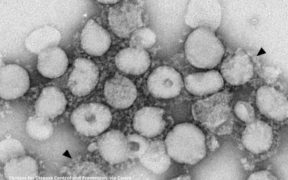
Drawing on epidemiological field studies and the FrenchCOVID hospital cohort coordinated by Inserm, teams from the Institut Pasteur, the CNRS and the Vaccine Research Institute